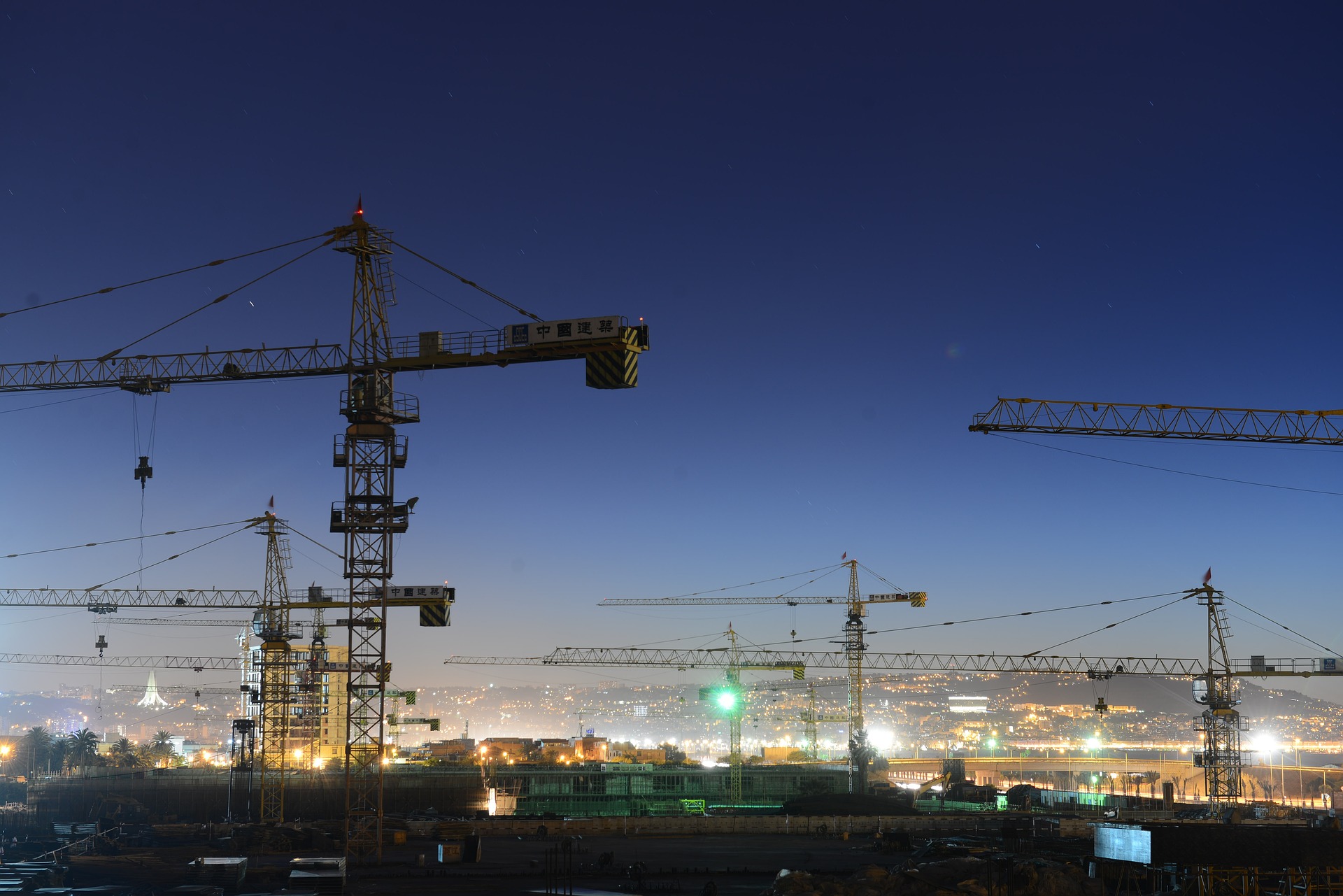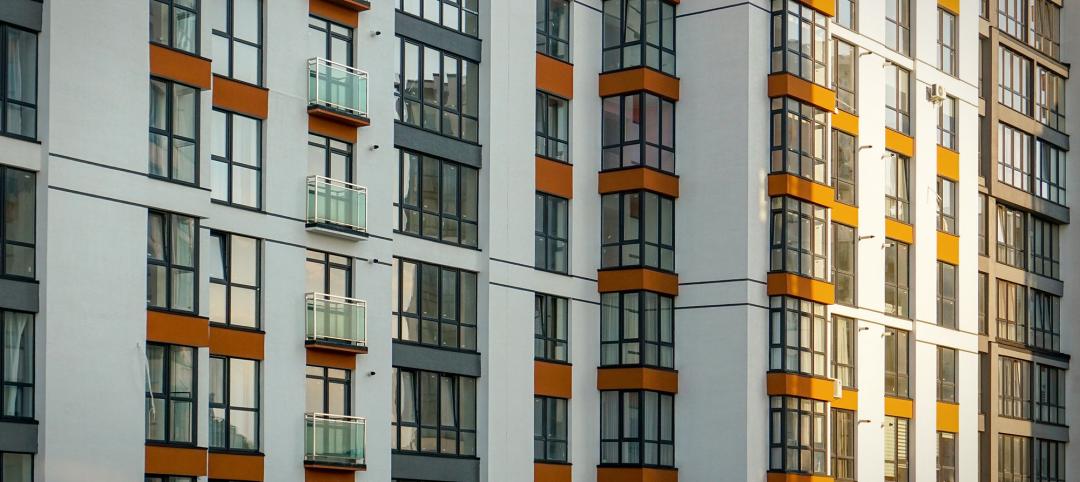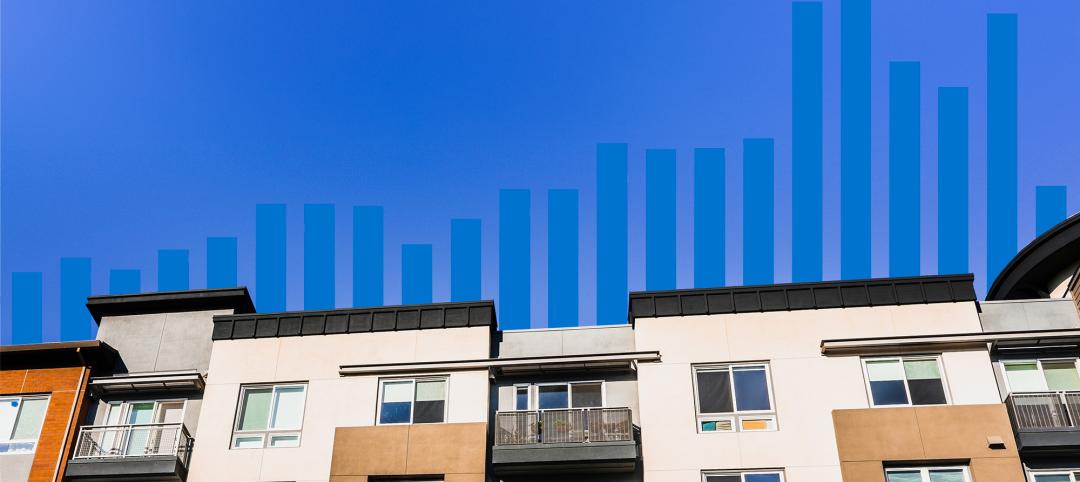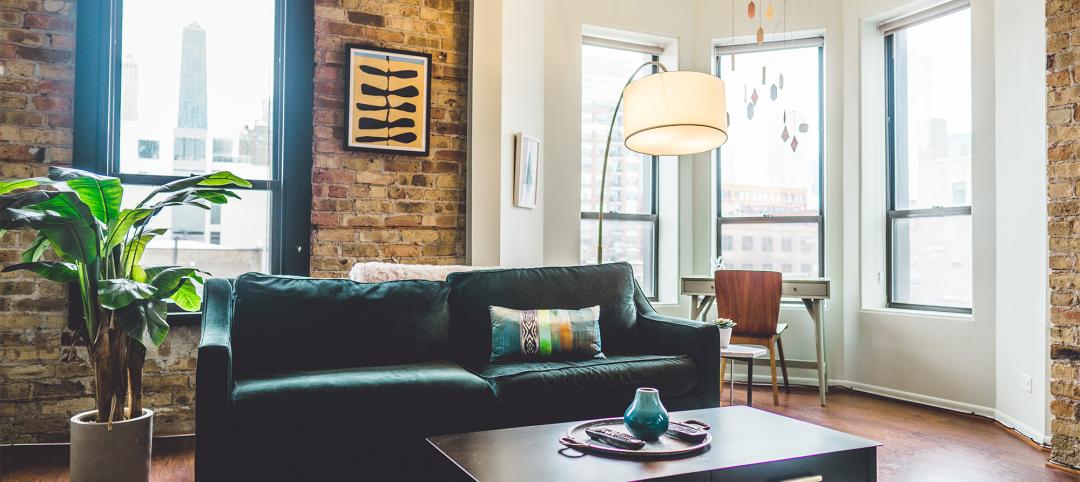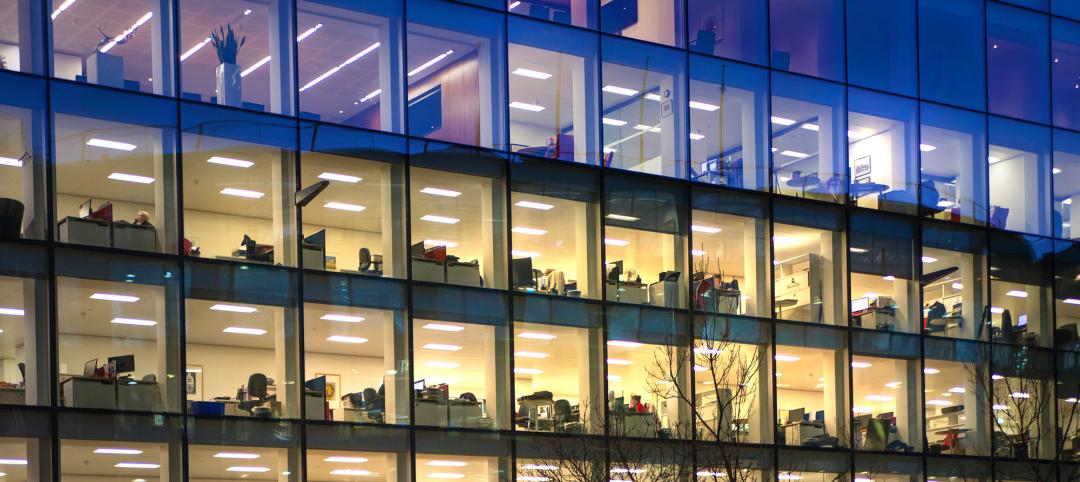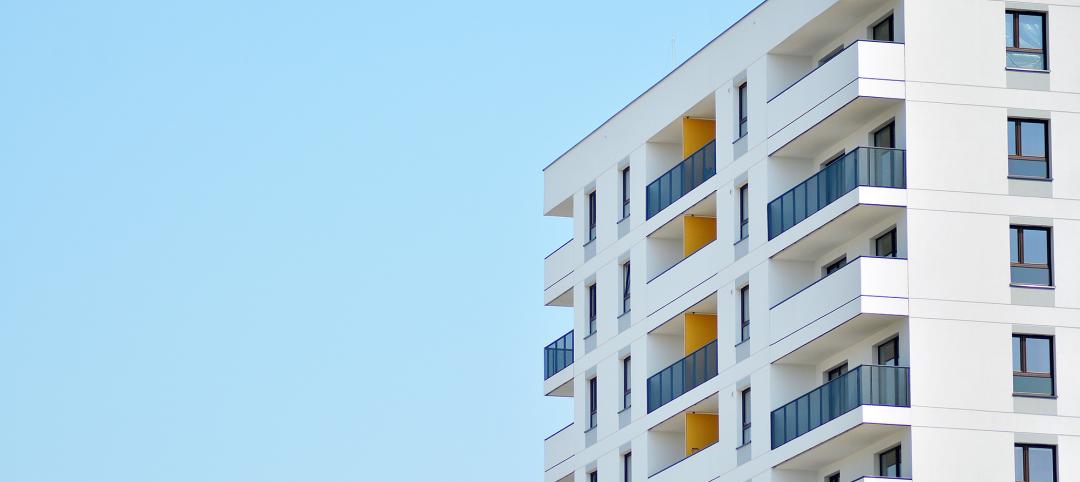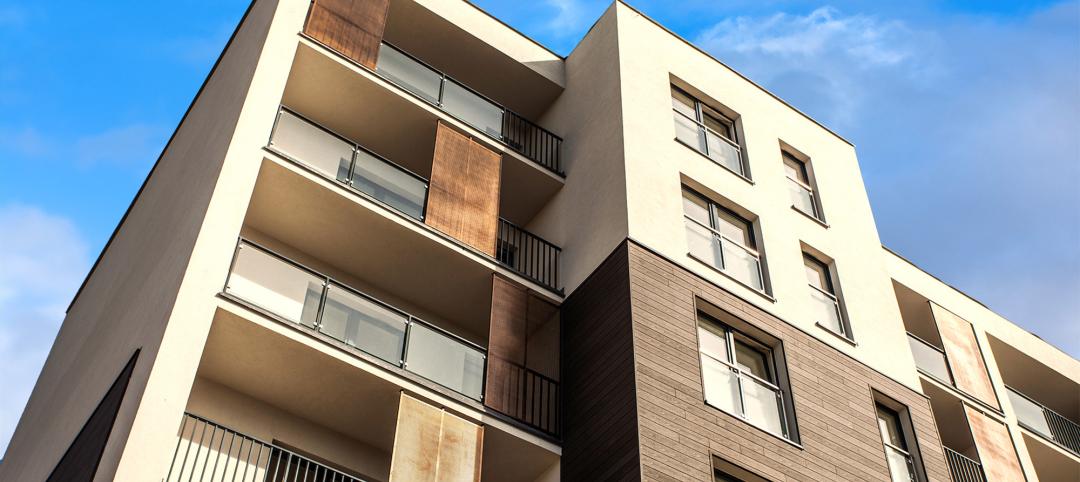National nonresidential construction spending was down 0.1% in February, according to an Associated Builders and Contractors analysis of data published today by the U.S. Census Bureau. On a seasonally adjusted annualized basis, nonresidential spending totaled $844.5 billion for the month.
Spending was down on a monthly basis in 10 of the 16 nonresidential subcategories. Private nonresidential spending was up by 0.2%, while public nonresidential construction spending was down 0.5% in February.
"Nonresidential spending decreased in February despite inflationary pressures that should have driven it higher," said ABC Chief Economist Anirban Basu. "True, nonresidential spending is up 6.2% year over year, but given the significance of construction materials inflation, spending has almost certainly declined in real terms.
"Moreover, the Russia-Ukraine war has spawned further materials price increases, which in turn raises the risk that project owners will decide to postpone or cancel projects,” said Basu. “ABC’s Construction Confidence Index indicates that a growing number of contractors expect to trim their margins during the year ahead in order to induce purchasers to continue to move forward. The spread of an omicron subvariant in China has started to interfere with production there, which translates to additional supply chain disruptions.
"As if that were not enough, the risk of recession is rising," said Basu. "While there is evidence of ongoing momentum, a recent increase in interest rates coupled with hawkish statements from the Federal Reserve imply that credit conditions will become more challenging this year. The question is whether the Federal Reserve can slow economic growth in order to counter inflation without driving the economy into recession.
“The recent inversion of the yield curve is viewed by many economists as a leading indicator of recession,” said Basu. “Since the early 1980s, most rate tightening cycles have ended in recession. For contractors that largely work on private construction projects, this suggests risk of weakening backlog at some point later this year or in 2023. For those largely focused on public work, the economics are more favorable, since federal infrastructure outlays will be elevated for approximately the next five years."
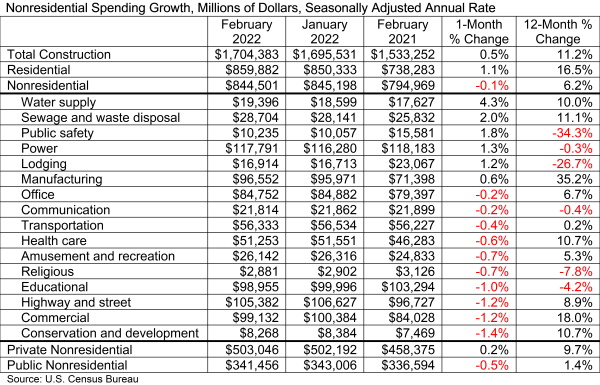
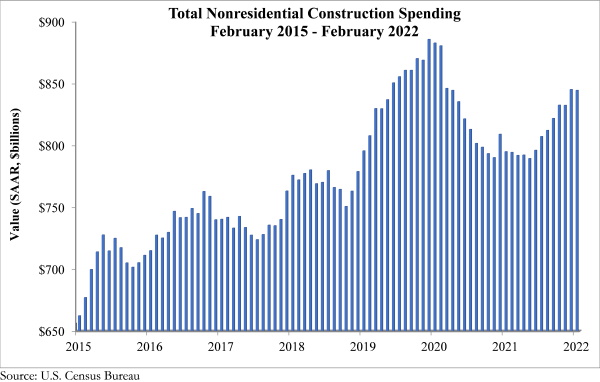
Related Stories
Multifamily Housing | Feb 14, 2024
Multifamily rent remains flat at $1,710 in January
The multifamily market was stable at the start of 2024, despite the pressure of a supply boom in some markets, according to the latest Yardi Matrix National Multifamily Report.
Industry Research | Feb 8, 2024
New multifamily development in 2023 exceeded expectations
Despite a problematic financing environment, 2023 multifamily construction starts held up “remarkably well” according to the latest Yardi Matrix report.
Industry Research | Jan 31, 2024
ASID identifies 11 design trends coming in 2024
The Trends Outlook Report by the American Society of Interior Designers (ASID) is the first of a three-part outlook series on interior design. This design trends report demonstrates the importance of connection and authenticity.
Apartments | Jan 26, 2024
New apartment supply: Top 5 metros delivering in 2024
Nationally, the total new apartment supply amounts to around 1.4 million units—well exceeding the apartment development historical average of 980,000 units.
Self-Storage Facilities | Jan 25, 2024
One-quarter of self-storage renters are Millennials
Interest in self-storage has increased in over 75% of the top metros according to the latest StorageCafe survey of self-storage preferences. Today, Millennials make up 25% of all self-storage renters.
Industry Research | Jan 23, 2024
Leading economists forecast 4% growth in construction spending for nonresidential buildings in 2024
Spending on nonresidential buildings will see a modest 4% increase in 2024, after increasing by more than 20% last year according to The American Institute of Architects’ latest Consensus Construction Forecast. The pace will slow to just over 1% growth in 2025, a marked difference from the strong performance in 2023.
Adaptive Reuse | Jan 23, 2024
Adaptive reuse report shows 55K impact of office-to-residential conversions
The latest RentCafe annual Adaptive Reuse report shows that there are 55,300 office-to-residential units in the pipeline as of 2024—four times as much compared to 2021.
Construction Costs | Jan 22, 2024
Construction material prices continue to normalize despite ongoing challenges
Gordian’s most recent Quarterly Construction Cost Insights Report for Q4 2023 describes an industry still attempting to recover from the impact of COVID. This was complicated by inflation, weather, and geopolitical factors that resulted in widespread pricing adjustments throughout the construction materials industries.
Multifamily Housing | Jan 15, 2024
Multifamily rent growth rate unchanged at 0.3%
The National Multifamily Report by Yardi Matrix highlights the highs and lows of the multifamily market in 2023. Despite strong demand, rent growth remained unchanged at 0.3 percent.
Apartments | Jan 9, 2024
Apartment developer survey indicates dramatic decrease in starts this year
Over 56 developers, operators, and investors across the country were surveyed in John Burns Research and Consulting's recently-launched Apartment Developer and Investor Survey.


